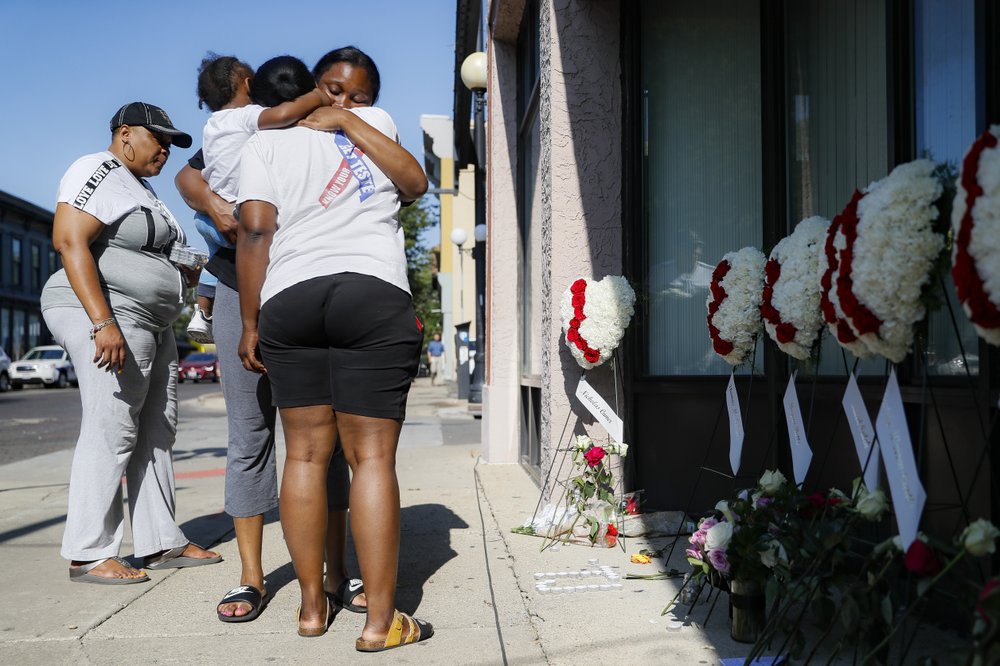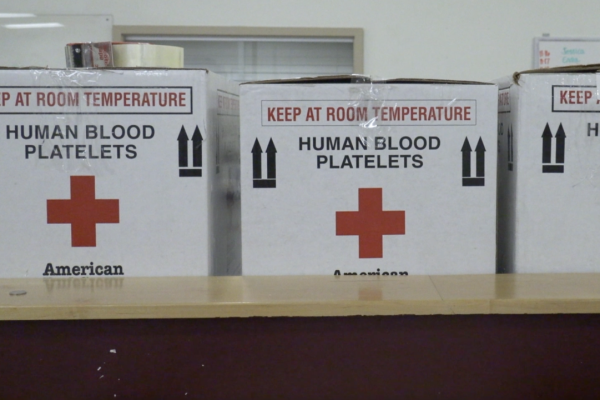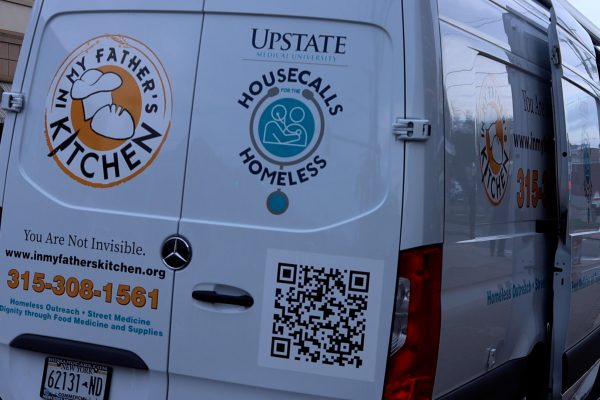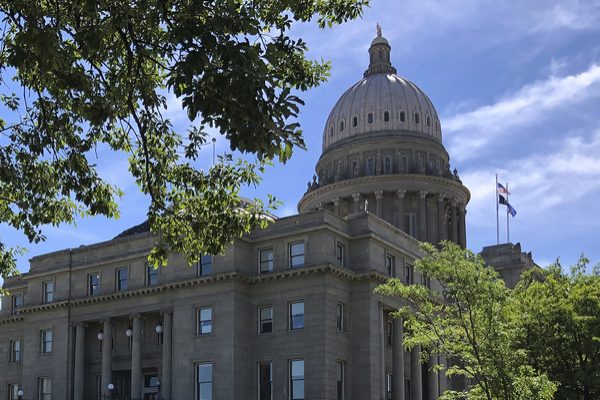
By: Julianna D’Urzo, SYRACUSE, N.Y. (NCC News) Two shootings over the weekend left 31 dead. One shooting was in Dayton, Ohio and the other in El Paso, Texas. How should parents talk to their kids about such traumatic events?
One Central New York Psychologist encourages parents to talk to their kids to help them cope with the aftermath of mass shootings. Anne Reagan, a Pediatric Psychologist from Upstate Golisano Children’s Hospital explains why parents shouldn’t shy away from these important conversations. Dr.Reagan advises parents to use discretion when talking to their children. She mentions parents can gage what they say depending on the child’s age range.
“Some parents think if I avoid it, if we don’t talk about it…don’t even acknowledge it, pretend it didn’t happen.. Maybe I’m protecting my kid… insulating my child. In reality, it really.. depends on their age and kind of how they are developmentally, maturity-wise, but the kids are going to hear the information from friends and other places,” says Dr. Reagan.
She tells parents to try and filter the information their children are hearing.
“If you’re directing the information that goes to them, you also can predict and better answer the questions that they may have as follow up to the information that you’re giving.”
When talking to children, Dr. Reagan advises parents to create a safe environment for children so if the opportunity arises, kids can come back and ask questions.
“If they feel like their parents are lying or covering something up, they’re going to go to another source. And then we can’t control what information we are giving the kids” says Dr. Reagan.
It is important to provide children with support so they feel safe, according to Dr. Reagan. By giving children an opportunity to ask questions, parents have the ability to control the information, the kids are hearing.




